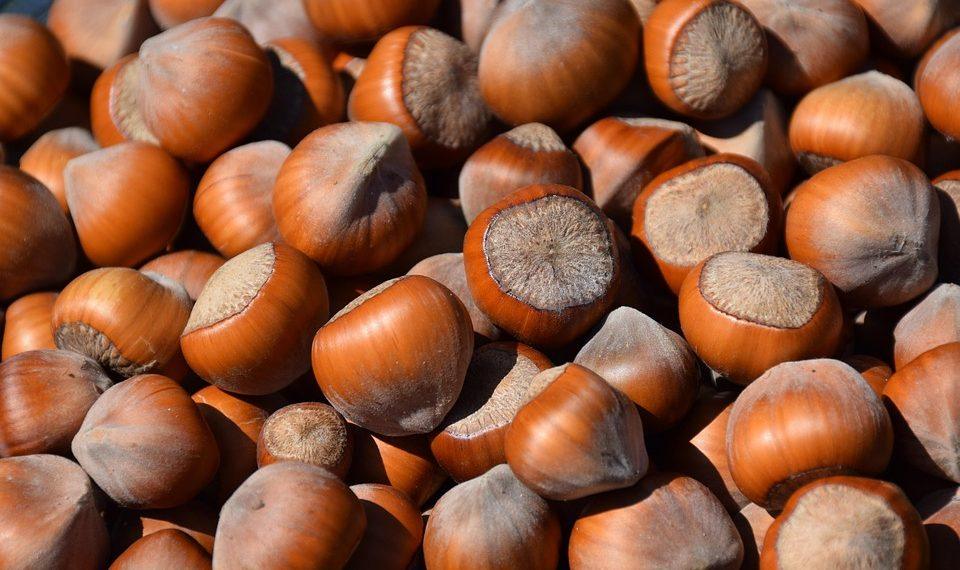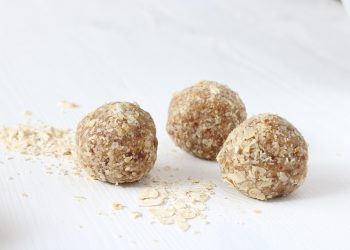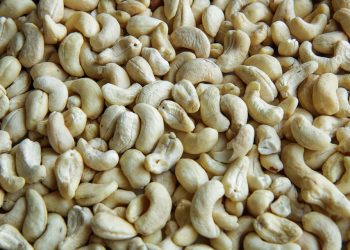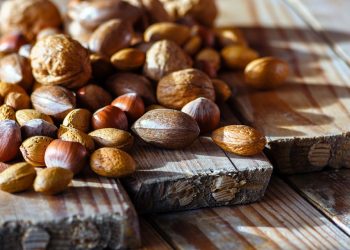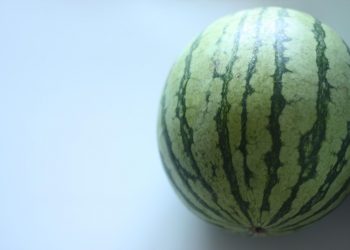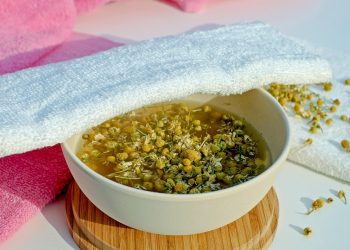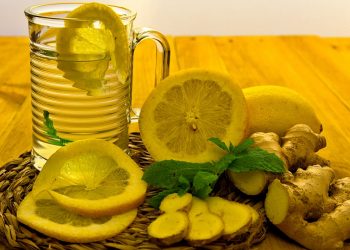Feeling sluggish or drained? Searching for a natural high-protein boost? You’re not alone. In a world brimming with quick fixes and energy drinks, it’s easy to overlook the power of wholesome foods. Protein is your body’s building block, essential for everything from muscle repair to hormone production. It fuels your energy and keeps you feeling satiated longer. Let’s dive into ten delicious foods that will elevate your protein intake and transform how you feel.
Contents
Why Protein Matters
Protein plays a crucial role in your health. It helps repair tissues, supports immune function, and is a key player in hormone production. When you’re on the hunt for a natural high-protein boost, you’re not just looking for numbers on a nutrition label. You’re seeking out foods that nourish, energize, and help you thrive.
The Benefits of a High-Protein Diet
- Increased Energy: Protein helps stabilize blood sugar levels, preventing energy crashes.
- Muscle Maintenance: Essential for those who are active or looking to build strength.
- Weight Management: Keeps you full longer, which can aid in weight loss or maintenance.
- Enhanced Mood: Amino acids in protein are vital for neurotransmitter production, affecting your emotional well-being.
Ready to explore the delectable options that can give you that high-protein boost? Let’s dig in!
1. Greek Yogurt
Greek yogurt isn’t just a breakfast staple—it’s a powerhouse of protein. With about 20 grams of protein per cup, it’s versatile enough to be enjoyed in smoothies, parfaits, or even savory dishes.
- Pro Tip: Look for plain, unsweetened varieties to avoid excess sugar. Add your favorite fruits or nuts for a personalized treat.
2. Quinoa
Quinoa is a fantastic grain alternative, packing 8 grams of protein per cooked cup. It’s a complete protein, meaning it contains all nine essential amino acids. This makes it perfect for vegetarians and vegans.
- Serving Suggestion: Use quinoa as a base for salads or bowls, mixing in veggies and lean proteins for a filling meal.
3. Eggs
Eggs are often dubbed the perfect protein source. With 6 grams of protein per large egg, they’re incredibly versatile. Scrambled, boiled, or poached, they’re a breakfast hero.
- Health Benefit: Rich in essential nutrients like choline, eggs support brain health as well.
4. Lentils
Lentils are a plant-based powerhouse, offering about 18 grams of protein per cooked cup. They’re also high in fiber, which helps keep you full.
- Cooking Tip: Toss lentils into soups, salads, or even make lentil burgers for a satisfying meal.
5. Cottage Cheese
Cottage cheese is often overlooked, but it’s a creamy delight packed with 25 grams of protein per cup. It’s low in fat and can be enjoyed sweet or savory.
- Snack Idea: Top it with berries and a drizzle of honey or mix it with herbs for a savory dip.
6. Chicken Breast
If you’re looking for lean protein, chicken breast is your go-to. With about 26 grams of protein per 3-ounce serving, it’s a meal prep favorite.
- Cooking Tip: Grill, bake, or sauté chicken breast with your favorite spices for a flavorful dish that’s easy to incorporate into various meals.
7. Almonds
Nuts are a tasty way to get a protein boost. Almonds, in particular, provide about 6 grams of protein per ounce. They are also rich in healthy fats and fiber.
- Snack Idea: Keep a small bag of almonds in your purse for an on-the-go snack that helps curb hunger.
8. Tofu
Tofu is a fantastic protein source for those on plant-based diets, offering about 10 grams of protein per half-cup. It’s incredibly adaptable, absorbing flavors from whatever you cook it with.
- Cooking Tip: Stir-fry tofu with your favorite vegetables and a splash of soy sauce for a quick, nutritious meal.
9. Chia Seeds
Chia seeds may be tiny, but they’re mighty. They provide about 5 grams of protein per ounce and are loaded with omega-3 fatty acids and fiber.
- Serving Suggestion: Mix them into smoothies or overnight oats for a nutritious breakfast that keeps you full.
10. Black Beans
Black beans are a staple in many diets, offering about 15 grams of protein per cooked cup. They’re high in fiber and antioxidants, making them a smart choice for overall health.
- Cooking Tip: Use black beans in tacos, salads, or soups for a hearty and satisfying protein boost.
How to Incorporate These Foods into Your Diet
Now that you know these powerhouse foods, how do you make them part of your daily routine? Here are some practical tips:
- Meal Prep: Spend a few hours each week preparing meals that incorporate these proteins. Think salads, grain bowls, and snacks.
- Mix and Match: Combine different sources of protein for a more balanced meal. For instance, mix quinoa and black beans for a hearty salad.
- Experiment: Try new recipes that highlight these foods. Search for dishes that excite you and get creative in the kitchen.
Bottom Line
A natural high-protein boost doesn’t have to be complicated or boring. With these delicious foods, you can nourish your body, enhance your energy, and feel your best. Your journey toward improved health begins with the choices you make today.
So, why not start right now? Pick a few of these high-protein foods and incorporate them into your meals this week. Your body will thank you!
Frequently Asked Questions
1. How much protein do I need daily?
Most adults need about 46-56 grams of protein per day, depending on age, gender, and activity level.
2. Can I get enough protein on a vegetarian diet?
Absolutely! Foods like legumes, nuts, seeds, and dairy products are excellent protein sources.
3. Are there any side effects of too much protein?
While protein is essential, excessive intake can strain your kidneys and lead to dehydration. Balance is key.
Embrace these protein-rich foods and feel the difference in your energy and vitality. You’ve got this!
Get Your FREE Natural Health Guide!
Subscribe now and receive our exclusive ebook packed with natural health tips, practical wellness advice, and easy lifestyle changes — delivered straight to your inbox.

